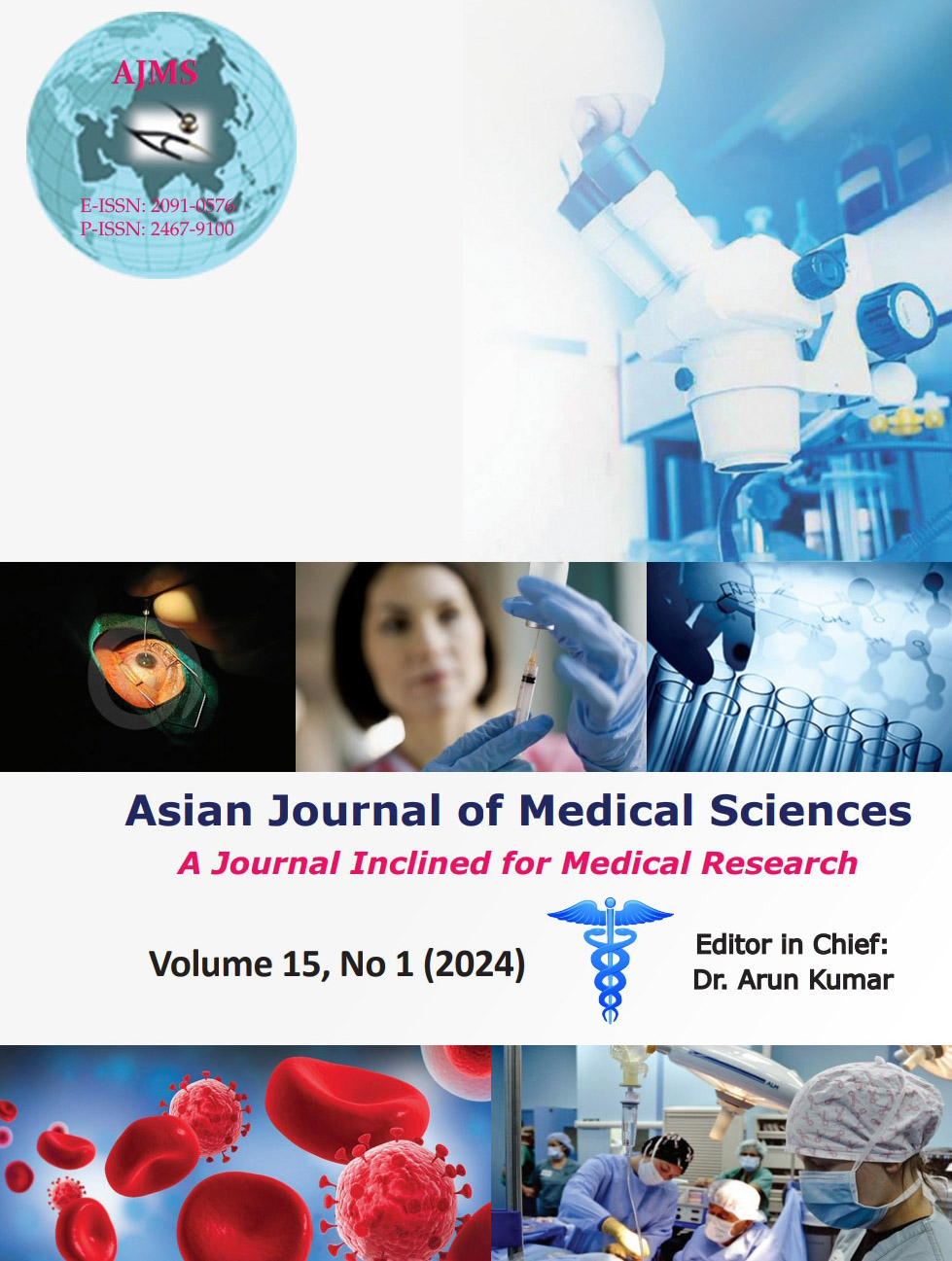Adverse drug reaction monitoring of commonly prescribed antimicrobial agents in patients at Rama medical college, hospital and research centre, Kanpur
Keywords:
Pharmacovigilance; Anti-bacterial agents; Causality assessmentAbstract
Background: An adverse drug reaction (ADR) is defined as a harmful or unpleasant reaction due to the use of a drug and may cause different types of effects, such as side effects. The World Health Organization states that adverse drug effects are a response to harmful and unintended medicine and occur at doses normally used in men for the prevention, diagnosis, or therapy of disease or for modifying physiological function.
Aims and Objectives: The objective of the study was ADR monitoring of commonly prescribed antimicrobial agents.
Materials and Methods: The study was conducted at Rama Hospital and the Research Center Mandhana Kanpur. Data were collected from the patients attending the outpatient and inpatient departments (OPD and IPD) of the medicine departments during the study period at Rama Hospital Mandhana, Kanpur. The sample size was a total of 60 patients. The study duration was conducted for 1 year. Data were collected by analyzing OPDs and IPDs in the Department of Medicine.
Results: There are different types of adverse drug effects; we observed only three types of adverse drug effects in this study. The most commonly observed ADR was type A (56.66%). Out of the total ADRs reported in antimicrobial agents, skin ADRs (42.02%) and gastrointestinal tract ADRs (57.97%) are higher. There are also three different types of severity conditions observed in patients prescribed antimicrobial drugs; among them, the most commonly observed severity conditions were mild (58.33%).
Conclusion: These study findings suggest that antimicrobial drugs are generally safe for most patients but can cause mild ADRs. It is important to monitor patients for ADRs while taking antimicrobial drugs and to provide appropriate treatment if necessary. Pharmacovigilance programs can help to identify and monitor ADRs, which can lead to improved patient safety.
Downloads
Downloads
Published
How to Cite
Issue
Section
License
Copyright (c) 2023 Asian Journal of Medical Sciences

This work is licensed under a Creative Commons Attribution-NonCommercial 4.0 International License.
Authors who publish with this journal agree to the following terms:
- The journal holds copyright and publishes the work under a Creative Commons CC-BY-NC license that permits use, distribution and reprduction in any medium, provided the original work is properly cited and is not used for commercial purposes. The journal should be recognised as the original publisher of this work.
- Authors are able to enter into separate, additional contractual arrangements for the non-exclusive distribution of the journal's published version of the work (e.g., post it to an institutional repository or publish it in a book), with an acknowledgement of its initial publication in this journal.
- Authors are permitted and encouraged to post their work online (e.g., in institutional repositories or on their website) prior to and during the submission process, as it can lead to productive exchanges, as well as earlier and greater citation of published work (See The Effect of Open Access).




